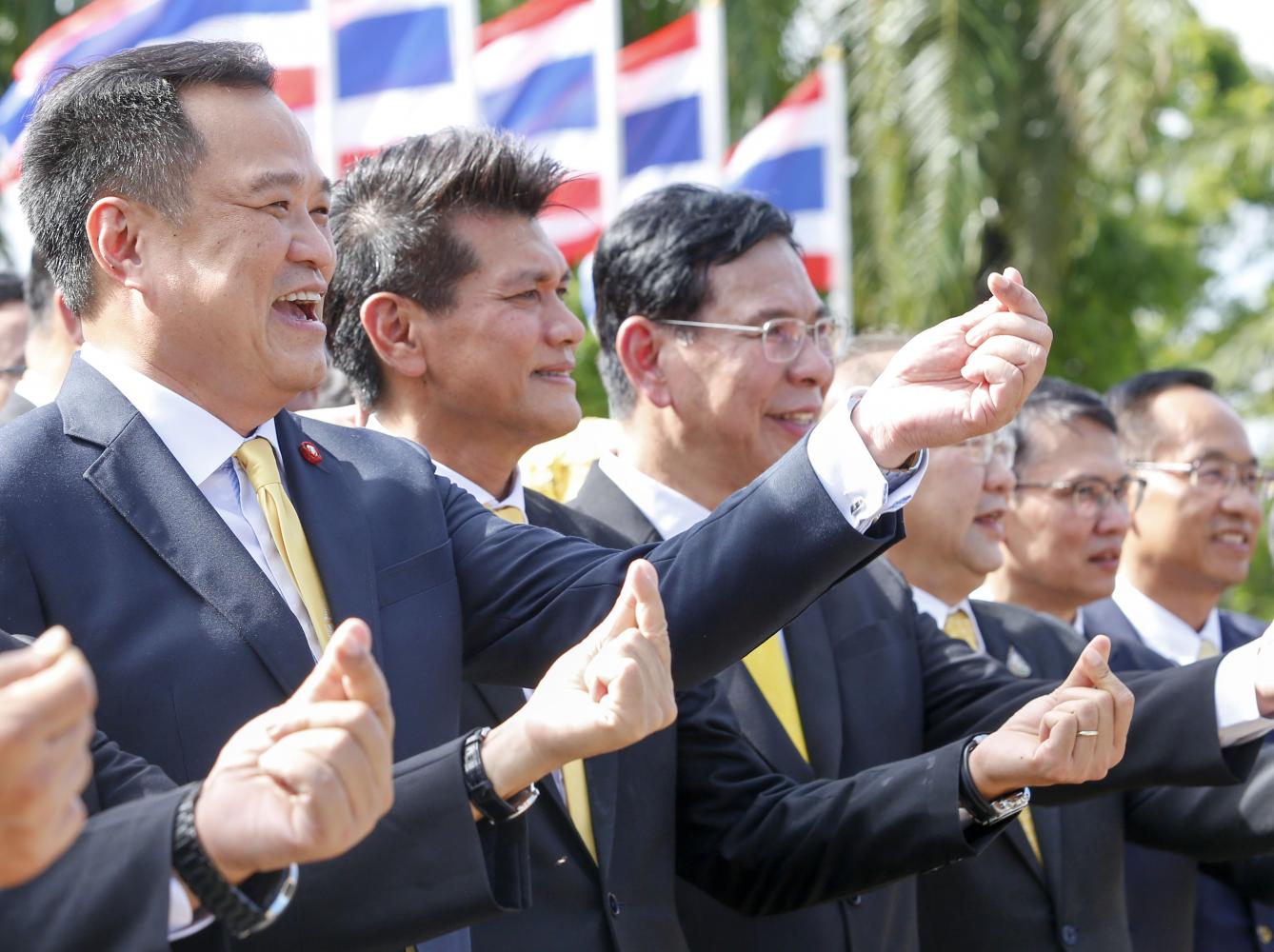
Public Health Minister Anutin Charnvirakul has vowed to make cannabis-based medicine widely available by incorporating it into the national essential drugs list.
However, dispensing the medicine from the list will require close consultation with doctors, said the newly-appointed minister on his first day of work on Thursday.
Medicines placed on the list can be made available to large sections of the population who belong to the "gold card" universal health scheme, the Social Security Fund and the civil service's healthcare programme.
While experts have expressed concerns about the excessive use of cannabis extracts for medical purposes, Mr Anutin said the cannabis-based medicines must be subjected to tight regulations, on par with other prescription drugs.
"First, it must be clearly established to whom we can offer the medicine. It's not a cure-all after all," he said.
Nonetheless, he insisted that cannabis -- which remains an illegal plant under the law -- should be looked at in a positive light as people can derive health benefits.
"The most important part of the plant is its chemical make-up, its principal psychoactive constituents -- namely, tetrahydrocannabinols (THC), and cannabidiols (CBD) -- that we can draw from the plants," he said.
THC is a muscle relaxant with anti-emetic properties, but in higher doses it can cause drowsiness and intoxication, which could then lead to addiction.
On the other hand, CBD has less psychoactive properties and can be used to treat epilepsy without the intoxicating effect of THC.
Mr Anutin said public health volunteers will undertake a pilot project to grow up to six cannabis plants in the backyards of their houses.
The idea is to show that cannabis can be consumed at home as herbs to help boost a person's appetite.
However, the plants will be strictly limited to domestic use and cannot be sold to outside parties or carried outside of the homes.
